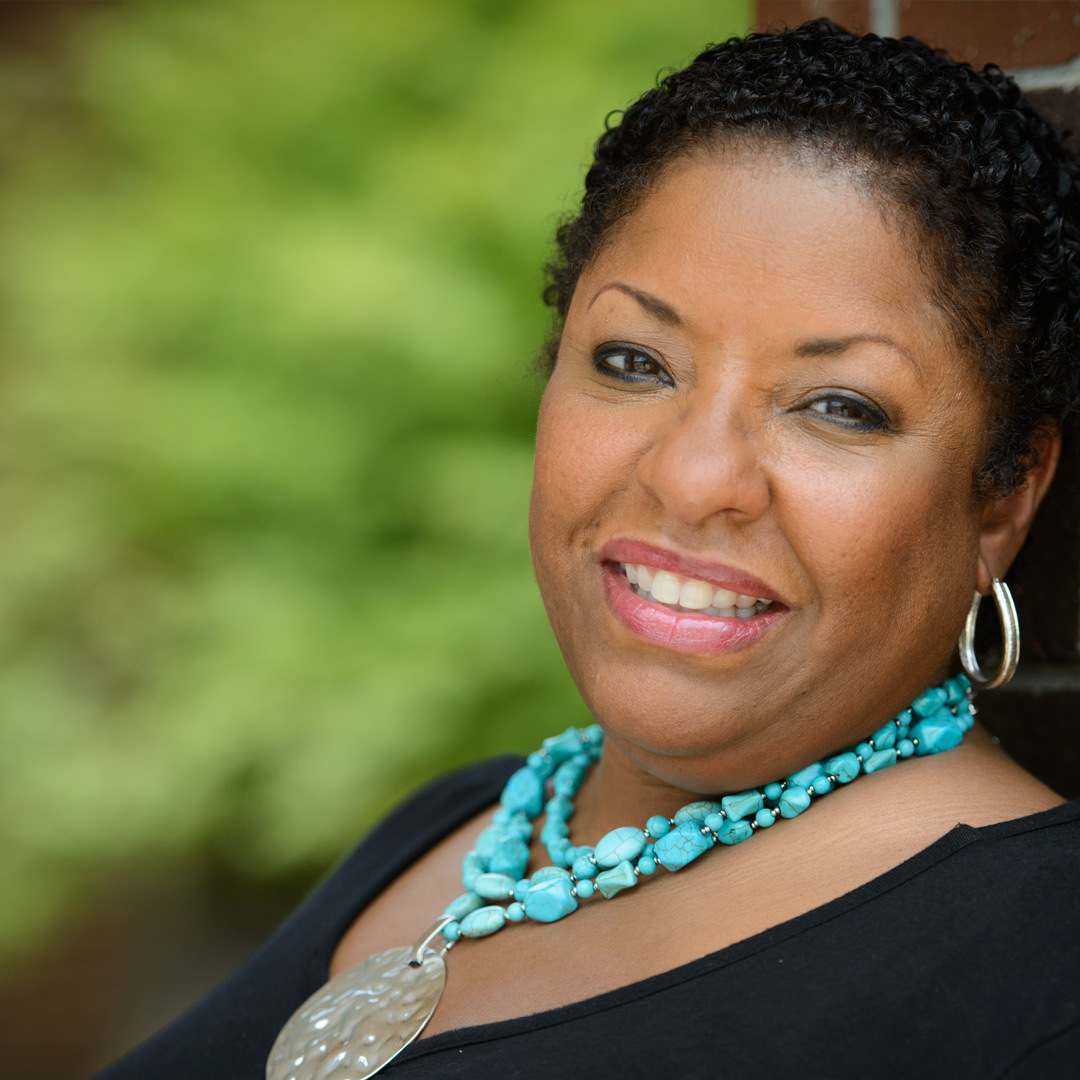


In 2014, Karen R. was diagnosed with stage 2 breast cancer. She was treated at City of Hope with eight rounds of chemotherapy, followed by a lumpectomy and then six weeks of daily radiation therapy. Karen’s care team connected her with City of Hope Speech-Language Pathologist Jennifer Cargile, who helped her manage the symptoms of what she soon learned was commonly known as “chemo brain.” Karen shares what works for her to help manage the memory challenges.